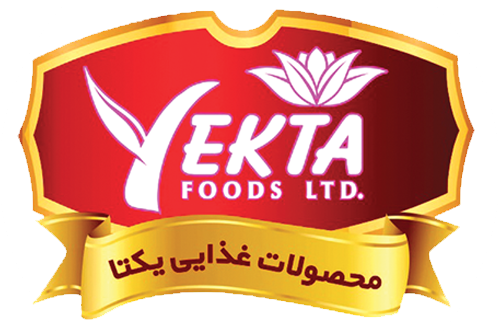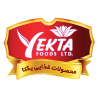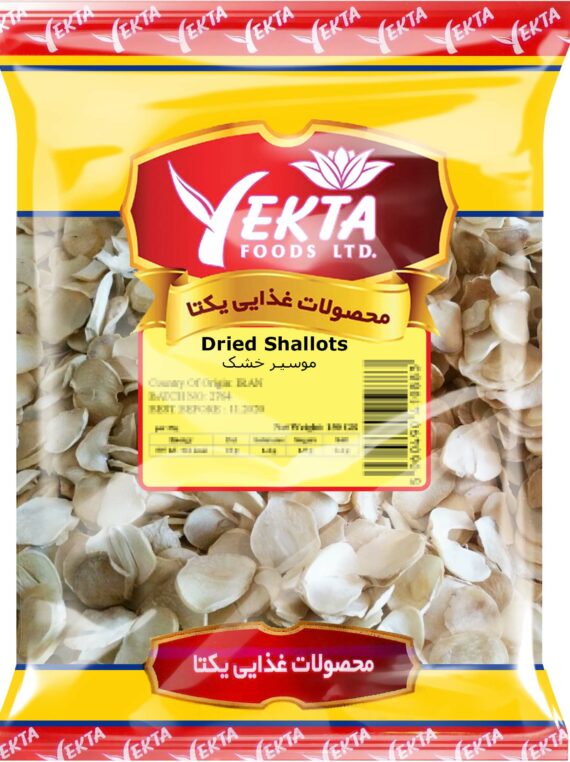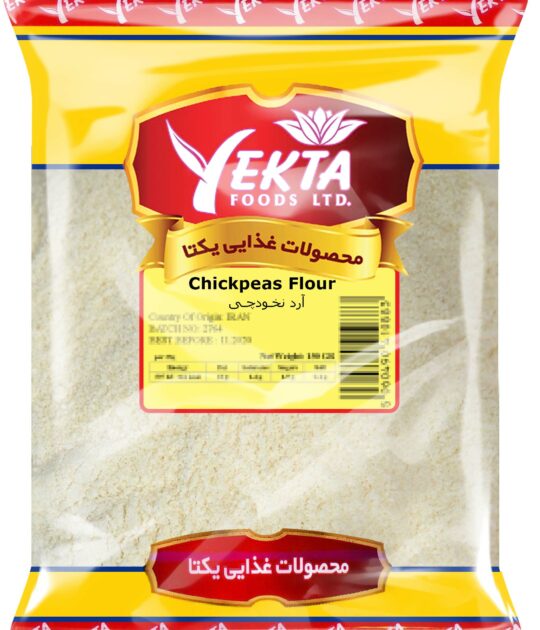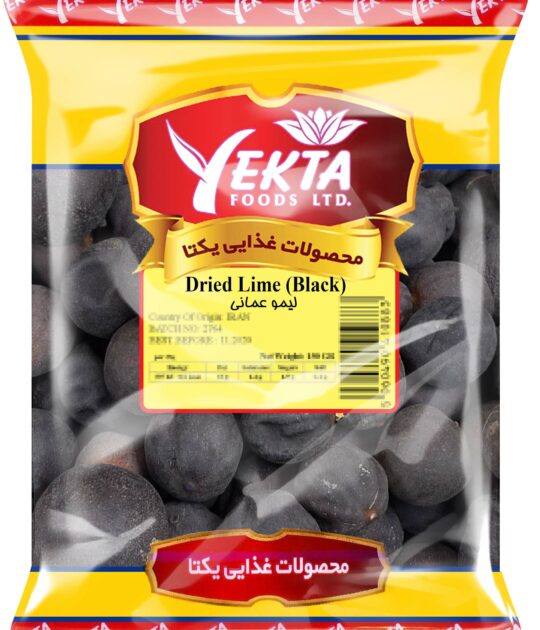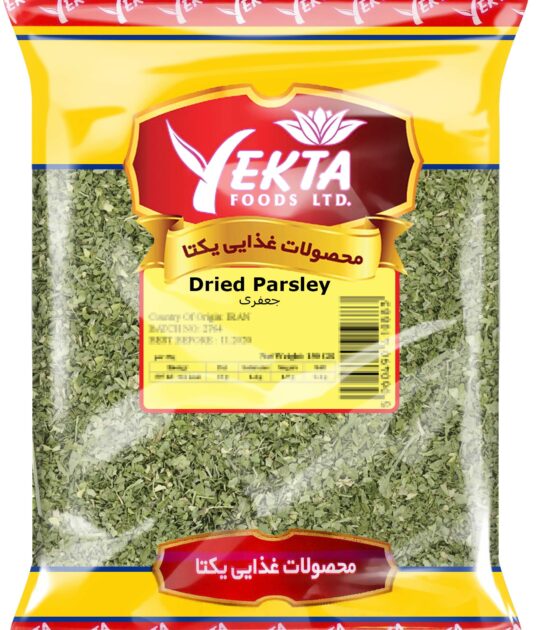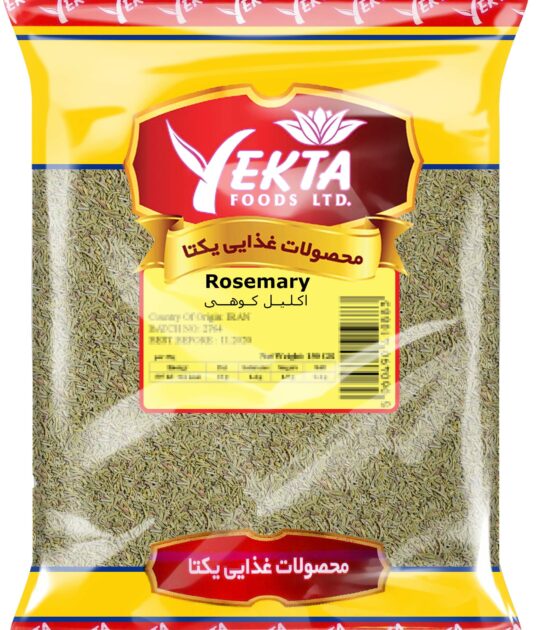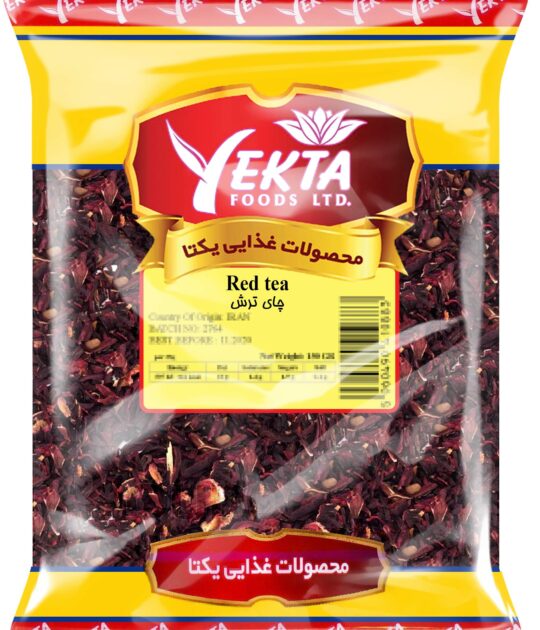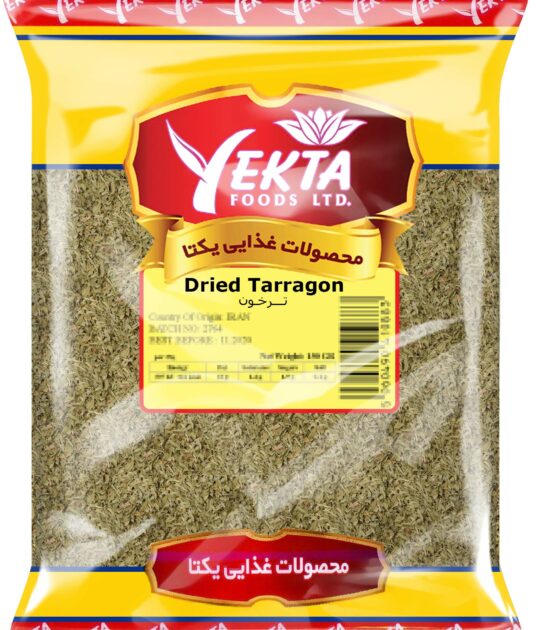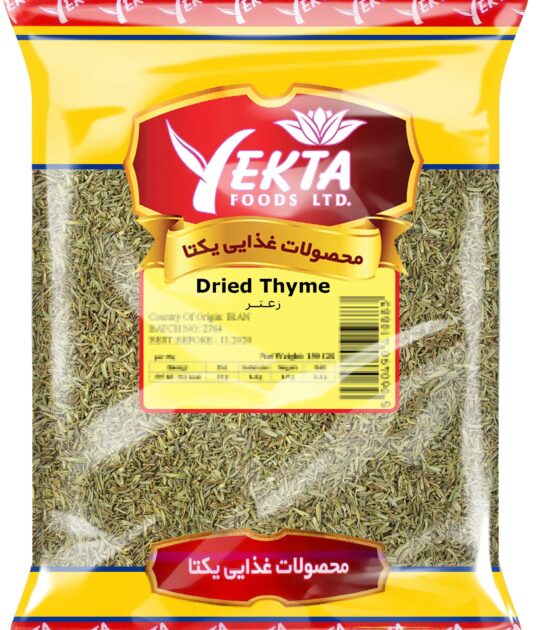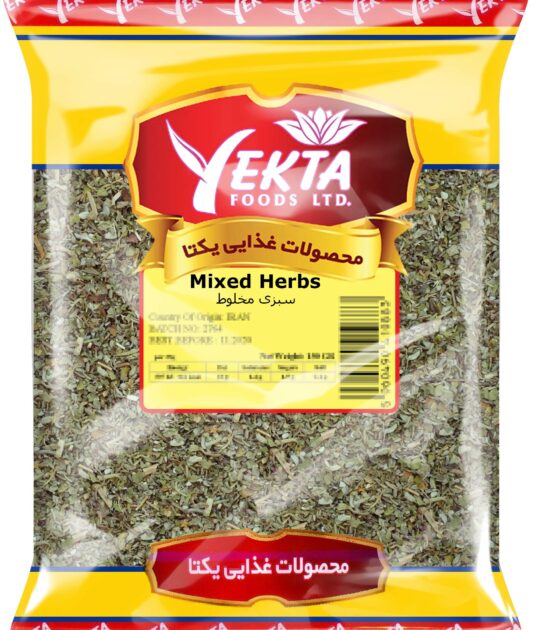What is Shallots?
The shallot (Allium cepa) is a member of the onion family. Shallots are best described as a cross between a garlic and an onion.
Health benefits of dried shallots
Overall, shallots have better nutrition profile than onions. On a weight per weight basis, they have more antioxidants, minerals, and vitamins than onions.
- They are a rich source of flavoring antioxidants such as quercetin, kaempferfol, etc. Further, they contain sulfur antioxidant compounds such as diallyl disulfide, diallyl trisulfide, and allyl propyl disulfide. These compounds convert to allicin through enzymatic action following disruption of their cell surface while crushing, and chopping.
- Research studies show that allicin reduces cholesterol production by inhibiting the HMG-CoA reductase enzyme in the liver cells. Further, it also found to have antibacterial, antiviral, and anti-fungal activities.
- Allicin also decreases blood vessel stiffness by releasing vasodilator chemical nitric oxide (NO) and thereby help bring a reduction in the total blood pressure. Further research studies suggest that allicin inhibits platelet clot formation inside the blood vessels, and thereby helps decrease an overall risk of coronary artery disease (CAD), peripheral vascular diseases (PVD), and stroke attacks.
- The phytochemical compounds allium and Allyl disulfide in eschalots have anti-mutagenic (protects from cancers) and anti-diabetic properties (helps lower blood sugar levels in diabetics).
- Shallots hold proportionately more concentration of vitamins and minerals than in onions, especially vitamin-A, pyridoxine, folates, thiamin, vitamin-C etc. Pyridoxine (B-6) raises GABA chemical level inside the human brain that helps to soothe nervous irritability. Also, 100 g fresh shallots carry 1190 IU (35% RDA) of vitamin A. Vitamin-A is a powerful antioxidant that helps protect from lung and oral cavity cancers.
- Further, they are also good in minerals and electrolytes than onions; particularly iron, calcium, copper, potassium, and phosphorus.
Nutritional value
|
per 100g
|
||||
| Energy | Fat | Saturates | Sugars | Salt |
|---|---|---|---|---|
| 1393.27 kJ- 333 kcal | 0.6 g | 0.1 g | 0 g | 0.15 g |
| Size |
|---|
- Image
- SKU
- Rating
- Price
- Stock
- Availability
- Add to cart
- Description
- Content
- Weight
- Dimensions
- Additional information
